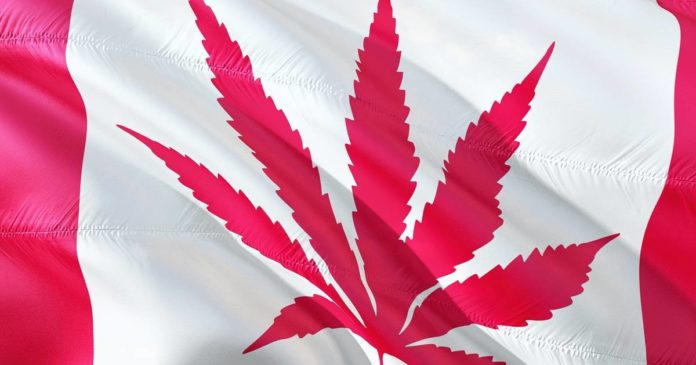Non-medical cannabis use was legalized in Canada in October 2018. Has the change been a success, disaster or something in between?
The goals of legalization were to improve cannabis-related public health and safety, reduce youth access and cannabis-related crime, and putting the squeeze on illegal markets. There was also a financial aspect, with an excise tax on dried cannabis of either CA$1 per gram or 10% of a gram’s value, whichever is greater.
A study out of Simon Fraser University, Vancouver, BC has delved into the impacts of legalization. Study co-author Dr. Benedikt Fischer says:
“At this stage, cannabis legalization in Canada appears not to have been the public health disaster anticipated by some of its opponents, but it cannot be described as a comprehensive or unequivocal success for public health either.”
On the plus side, with most consumers of cannabis now obtaining it from legal sources, related arrests have decreased substantially. This is considered an important social justice benefit the study authors believe may have indirect positive health effects.
But in terms of health, cannabis-related emergency department visits and admissions, and cannabis-related impaired driving incidents have stayed the same or increased since legalization.
Given social justice benefits appear to be more substantive than health benefits, and data on some important health indicators is unavailable, the authors state rigorous and ongoing monitoring of key policy outcome indicators – including major acute and long-term health harms and various socioeconomic indicators – is essential.
While legalization may be relatively new in Canada, the country has had a medical cannabis program in place since 2001. One of the other potential impacts of legalization not addressed in the study is accessibility to medical cannabis. Not long after legalization, a 2019 study found a quarter of patients were finding it more difficult to access their usual medicines.
This isn’t a situation unique to Canada – medicinal cannabis accessibility has also been an issue in several US states after legalization has occurred as some producers shift their focus to the adult/recreational market.
According to Health Canada, the number of medical client registrations with federally licensed sellers decreased 5% from 224,474 in December 2022 to 212,700 in March 2023. A few months prior to legalization, the tally was 296,702.


